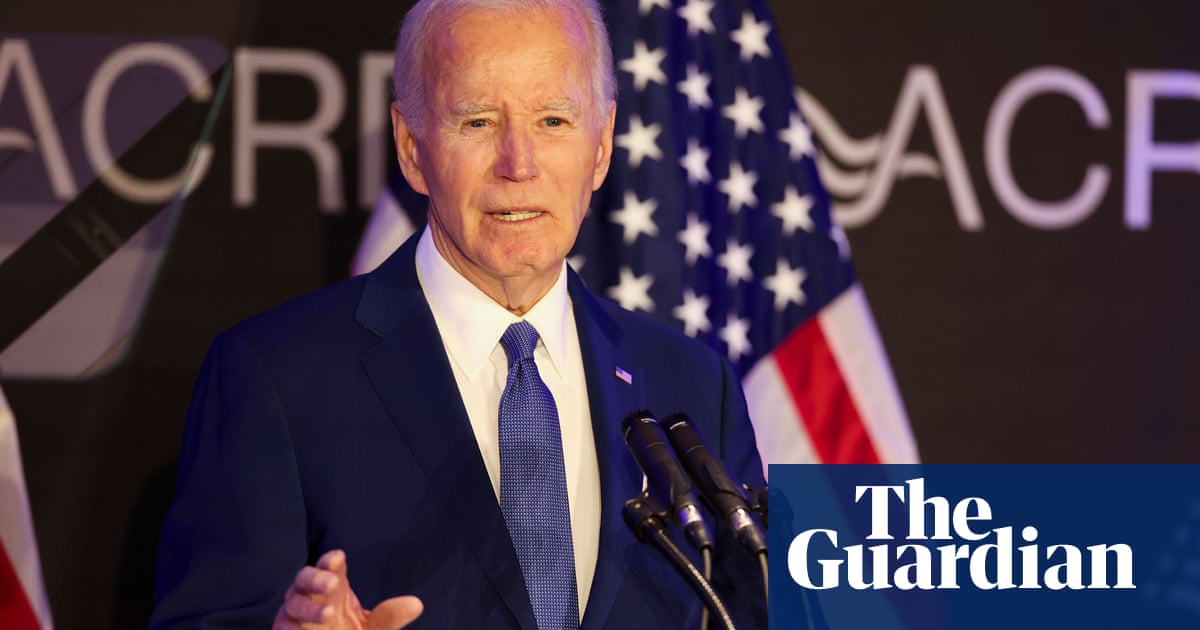The article highlights an intriguing discussion among President Joe Biden's aides regarding the potential for him to take a cognitive test as he prepared for re-election. This debate, which reportedly occurred in February 2024, reflects broader concerns about Biden's age and mental acuity, especially as the 2024 election approached. Ultimately, the aides decided against the test, fearing it might raise more questions than it would answer, particularly after Biden's poor debate performance against Donald Trump later that summer.
Purpose of the Publication
The intention behind publishing this news appears to be to draw attention to the doubts surrounding Biden's cognitive fitness in the context of the upcoming election. By revealing that his aides considered a cognitive test, the article aims to underscore the anxiety within his campaign regarding his ability to effectively compete in the political arena. This narrative contributes to the ongoing discourse about age and mental capacity in leadership roles, particularly for politicians.
Public Perception
The article seems designed to influence public perception of Biden's capabilities, potentially swaying undecided voters by emphasizing concerns about his age and mental sharpness. The timing and framing of the discussion around the cognitive test could serve to reinforce doubts about his suitability for the presidency, especially against a challenger like Trump.
Omissions and Hidden Agendas
While the article discusses Biden's aides' considerations, it does not delve into alternative viewpoints or counterarguments, such as Biden's accomplishments or the potential impact of his policies. This omission may suggest an intention to focus on negative aspects of his presidency rather than a balanced analysis of his overall effectiveness.
Manipulative Elements
The article employs a sensational tone by framing the cognitive test discussion as significant and controversial. This can be seen as manipulative, as it may instill fear or doubt in readers about Biden's capability to lead. By using language that emphasizes "debate" and "concerns," it leans towards a narrative that could shape public opinion unfavorably.
Truthfulness of the Report
The information presented in the article appears to be based on accounts from a new book by political journalists, which suggests a certain level of credibility. However, the focus on a single aspect of Biden's candidacy without context may lead to an incomplete understanding of the political landscape.
Societal Impact
The implications of this article could extend into various societal dimensions, such as increased skepticism toward Biden's leadership, which may affect voter turnout and engagement. Additionally, it could influence how younger voters perceive older candidates, potentially reshaping future electoral dynamics.
Target Audience
This article likely appeals more to audiences critical of Biden and those concerned about age-related issues in politics. It may resonate with conservative voters or those who favor more youthful leadership, while potentially alienating Biden’s base.
Market Influence
In terms of market implications, the article might indirectly impact sectors related to political consulting and campaign management as discussions about candidate viability become more pronounced. Companies involved in political advertising and strategy could see increased interest as parties reassess their candidates.
Global Context
On a larger scale, this article reflects ongoing discussions about leadership and competency, which resonate globally. The U.S.’s approach to elections and leadership could influence other democracies, especially regarding the acceptability of age in political roles.
AI Usage
It's possible that AI was employed in drafting or editing the article, focusing on optimizing language for engagement. However, the specific elements that suggest AI involvement are not overtly clear, as the writing style appears to align with traditional journalistic practices.
Potential Manipulation
Elements of manipulation may be present, particularly in how the cognitive test debate is presented. The language used could be strategically aimed at creating doubt and discomfort about Biden, which aligns with broader political narratives that challenge his competency.
Overall, while the article presents factual discussions about Biden's campaign, its framing and focus suggest an agenda aimed at questioning his fitness for office, thus generating a narrative that could influence public perception negatively.
